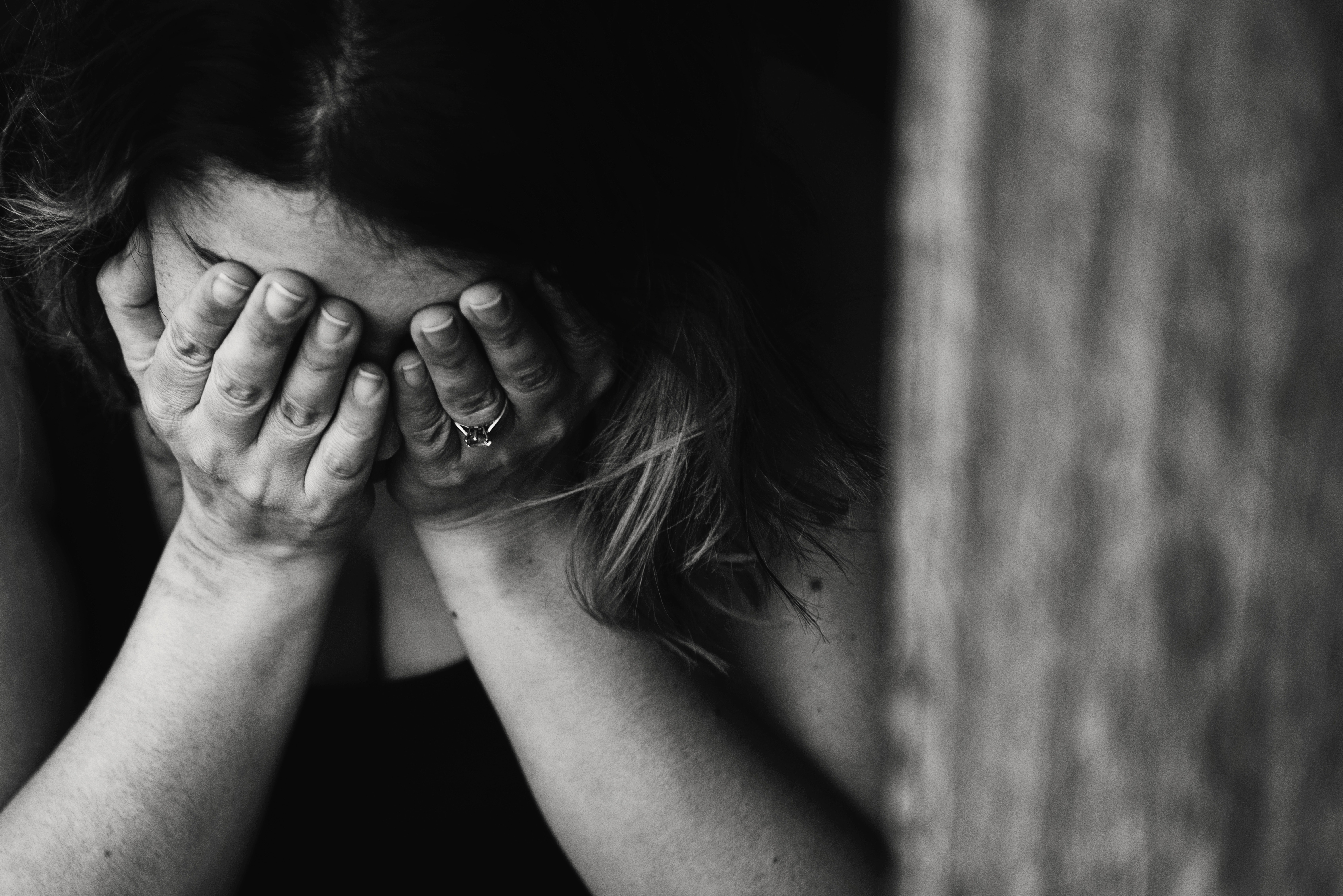
Every year, thousands of immigrants travel to the United States to join family members who are U.S. citizens or green card holders. While most of these reunions are joyous occasions, for some newcomers they become a nightmare that involves physical, mental and/or emotional abuse.
Immigrants are especially vulnerable in domestic violence situations because they don’t always speak English or understand that U.S. law protects them. Their sponsor may also have told them that if they fight back or alert the police, they will be arrested and deported.
If this is happening to you, please know that help is available. In this blog, we’ll explain the Violence Against Women Act (VAWA) and how you can use its protections to stop the abuse without harming your immigration status in this country.
Who is protected by VAWA?
Although this law is called the Violence Against Women Act, its legal protections and immigration benefits apply to both men and women in same-sex as well as opposite-sex relationships. In some cases, it also applies to children and parents who have been abused by a U.S. citizen or green card holder. If you are the spouse or child of someone who is a beneficiary of the Cuban Adjustment Act, HRIFA, and NACARA, you may also seek VAWA protection.
How does VAWA protect you?
If you are married to a U.S. citizen or green card holder who is abusing you or your child(ren), you can self-petition for legal status instead of relying on your abusive spouse, provided that you entered into marriage in good faith, lived with your spouse, and are a person of good moral character (generally defined as someone who has not committed serious crimes).
It is important to note that you can self-petition even if the marriage was not legitimate, provided that you truly believed that you were legally married and your abusive U.S. citizen or permanent resident spouse deceived you.
Children who have been battered or otherwise cruelly mistreated by their parent may self-petition if they resided with that parent and have a good moral character, which is a presumption for children under 14. Parents abused by a U.S. citizen son or daughter who is at least 21 years of age can also self-petition under the same circumstances.
A Florida immigration attorney will help you complete and submit a form titled I-360, Petition for Amerasian, Widow(er), or Special Immigrant, along with evidence showing that you meet the requirements for VAWA.
What if your abuser has died or divorced you?
If your abuser has died or divorced you, you can self-petition for status within two years of their death or the divorce being finalized. If domestic violence charges caused them to lose their own legal status, you can still self-petition without any deadline in place.
What if you have a conditional green card?
If you were granted a conditional green card (which is valid for two years), you will need to file a form titled I-751, Petition to Remove Conditions on Residence and explain why you and your spouse aren’t filing a joint petition. Your Florida immigration attorney will explain the process and ensure that your rights are protected until the case concludes.
Let Jean Law Group Help
Everyone in the United States, regardless of immigration or citizenship status, is guaranteed basic protections under the law, including protection from domestic violence. If you are a newcomer being intimidated and abused by your U.S. citizen or permanent resident sponsor, Attorney Ruth Jean will recommend ways to keep you safe and take steps to help you achieve legal status on your own. We’re here for you, so please contact Jean Law Group today.
